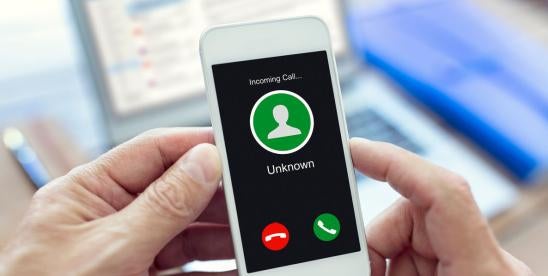For well over a decade a massive multi-district proceeding against a debt collector accused of using an autodialer to harass debtors has been mired in federal court in San Diego, California.
Filed in 2011, the action was pursued by dozens of individuals Plaintiffs and untold thousands (millions?) of unnamed class members was the result of numerous separate class actions being collapsed together into one massive suit.
Through the years dozens of law firms have represented the various parties and over 900 documents were filed in the suit.
But in the end, the case against all Defendants was soundly defeated and judgment was entered for the defense yesterday.
What a colossal waste of time.
So what happened?
Well, the law changed is what happened. And Portfolio Recovery Associates was brazen enough to push forward in the litigation through one sea change after another until it finally prevailed.
When the suit was filed back in 2011, the idea that a predictive dialer was subject to the TCPA was novel and controversial. Only a handful of cases–mostly in Illinois–had so held, and they relied on an obscure ruling from the FCC from 2003 that few had ever heard of.
Then in 2015, the FCC tripled down on its ruling and it looked like PRA was really in tremendous trouble.
That trouble seemed to abate in March, 2018 when ACA, Int’l struck down the FCC’s work in its Omnibus ruling that expanded the ATDS definition, but then PRA seemed to be in even hotter water following the Ninth Circuit Court of Appeal’s September, 2018 ruling in Marks that confirmed PRA was using an ATDS after all.
Still PRA fought on–likely inspired by a massive circuit split on the issue–and found pay dirt when the U.S. Supreme Court handed down Facebook in April, 2021. There the Supreme Court ruled that only dialers making use of a random or sequential umber generator trigger the TCPA.
While the Plaintiffs suing PRA still had a glimmer of hope–the SCOTUS ruling left open an avenue for source code to result in an ATDS finding even where a predictive dialer was used–that was dashed by the Ninth Circuit’s subsequent ruling in Borden, which demolished Plaintiff’s arguments.
And so etched–like so many striations of limestone–across the face of this epic litigation we see all the eras of TCPAWorld laid bare. From the primordial ooze of ATDS litigation through to the modern era.
And in the end, a simple paragraph ruling made work of the entire case:
Plaintiffs provide no evidence that the numbers called were randomly or sequentially generated and, in fact, acknowledge they were not. See Amended Complaint ¶¶ 25, 37 (Doc. No. 484) (Plaintiffs’ allegation that the numbers dialed were obtained from skip-tracing services.); Motion to Open Discovery Hearing Transcript 3:12–15 (Doc. No. 804) (“Obviously, this is a debt collection type cause so they’re not making up ten-random digits of numbers; they have a database of numbers and they are calling from that database list.”). Accordingly, the undisputed evidence demonstrates Defendant did not utilize an ATDS and, therefore, Defendant is entitled to judgment
And so ends the saga of one of the largest and slowest moving pieces of litigation in TCPA lore. The final ruling is In Re Portfolio Recovery, 2023 WL 4355347 (S.D. Cal. July 5, 2023), which stands as a monument to TCPAWorld’s shape-shifting nature.
Have we finally found bedrock on ATDS cases? Perhaps. But with a recent case casting doubt on Borden’s formulation–and a circuit split already present again–we may not have seen the end of the ATDS battles.
But at least we have seen one long battle come to an end.




 i
i


